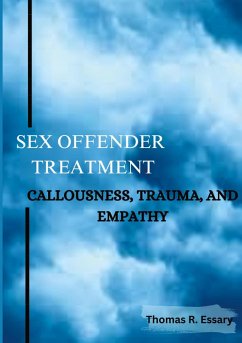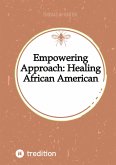The present study aimed to investigate whether male juveniles with sexual behavior problems who participated in the Integrated Sex Offender Treatment Program (ISOTP) exhibited changes in interpersonal callousness and victim empathy. To assess these outcomes, the study utilized the Inventory of Callous-Unemotional Traits-Youth Version to measure changes in interpersonal callousness and the Levinson Victim Empathy Scale to gauge increases in victim empathy. Multiple regression analyses were employed, with age, duration of treatment, and childhood trauma as predictor variables, and scores from the aforementioned instruments as criterion variables. The findings did not support the hypothesis that these predictor variables-age, duration of treatment, and childhood trauma-were significant predictors of a reduction in interpersonal callousness or an enhancement in victim empathy. The study highlights several limitations, including potential issues with the measurement tools or sample size, and suggests that future research should explore alternative methodologies or additional variables to better understand the effectiveness of the ISOTP in modifying these psychological traits
Bitte wählen Sie Ihr Anliegen aus.
Rechnungen
Retourenschein anfordern
Bestellstatus
Storno









